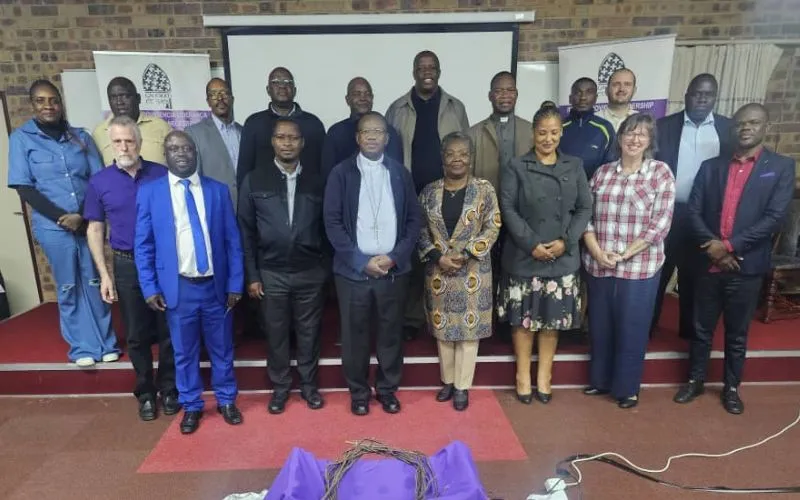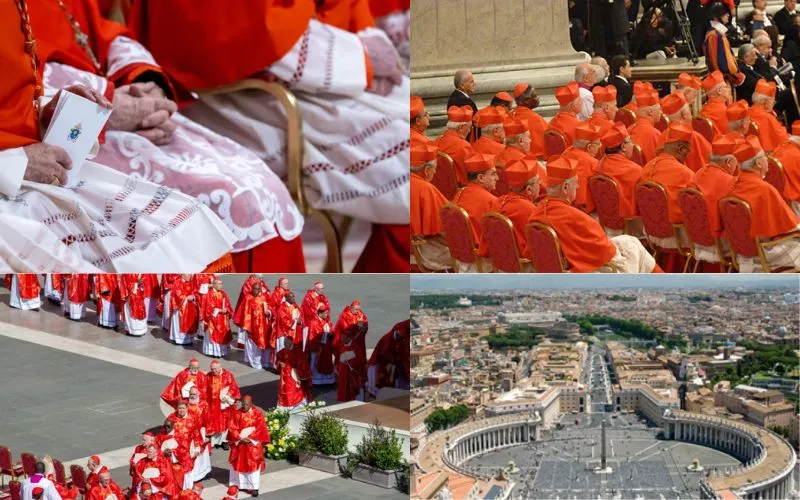Nairobi, 14 April, 2025 / 9:04 pm (ACI Africa).
Coordinators of Justice and Peace Commissions in the member Catholic Bishops’ Conferences of the Inter-Regional Meeting of the Bishops of Southern Africa (IMBISA) have resolved to “vigorously” pursue strategic partnerships that can contribute to the realization of “lasting peace” in their nine countries.
In a statement issued at the end of their four-day Workshop at Padre Pio Retreat Centre in the Catholic Archdiocese of Pretoria in South Africa, the IMBISA Justice and Peace officials highlight entities for partnerships, including faith-based, economic, and institutions such as the Symposium of Episcopal Conferences of Africa and Madagascar (SECAM) and the African Union (AU).
In the statement issued April 10, delegates in the Workshop that concluded on April 11 recall their deliberations in which they recognized the reality of violent conflicts in the countries of IMBISA, their complexity, negative consequences, and the need for collaboration end violence.
“Conflicts are complex in their genesis, make-up, drivers, and evolution, but all with dire consequences on the vulnerable members who form the majority of our community of IMBISA,” the Justice and Peace Commission Coordinators in Angola, Botswana, Eswatini, Lesotho, Mozambique, Namibia, São Tomé and Príncipe, South Africa and Zimbabwe say.
According to them, “Ecumenical and interfaith efforts with bodies like the Fellowship of Christian Councils in Southern Africa (FOCCISA) need to be pursued vigorously” in view of realizing the Church’s call “to emphasize its prophetic role of justice and peace promotion.”








